The big ideas we had as kids to “change the world” often dull as we get older. But visionary leadership is critical to address the challenges inherent in the complex life-sciences ecosystem.
In his book “Primal Leadership,” author and psychologist Daniel Goleman described this type of thinking as “futuristic, innovative and imaginative.” Visionary leaders are driven to disrupt the status quo while effectively communicating their big idea to bring others along for the journey.
In pharma, the need for this approach to business is particularly acute because it’s not just about moving teams forward toward lofty and difficult goals — it’s also about advocating for patient needs and thinking holistically about the greater good on a global scale.
What kinds of visionary goals do pharma leaders want the industry to achieve? Here, leaders from across the ecosystem share what they would like to change in the healthcare world.
Competitive cooperation
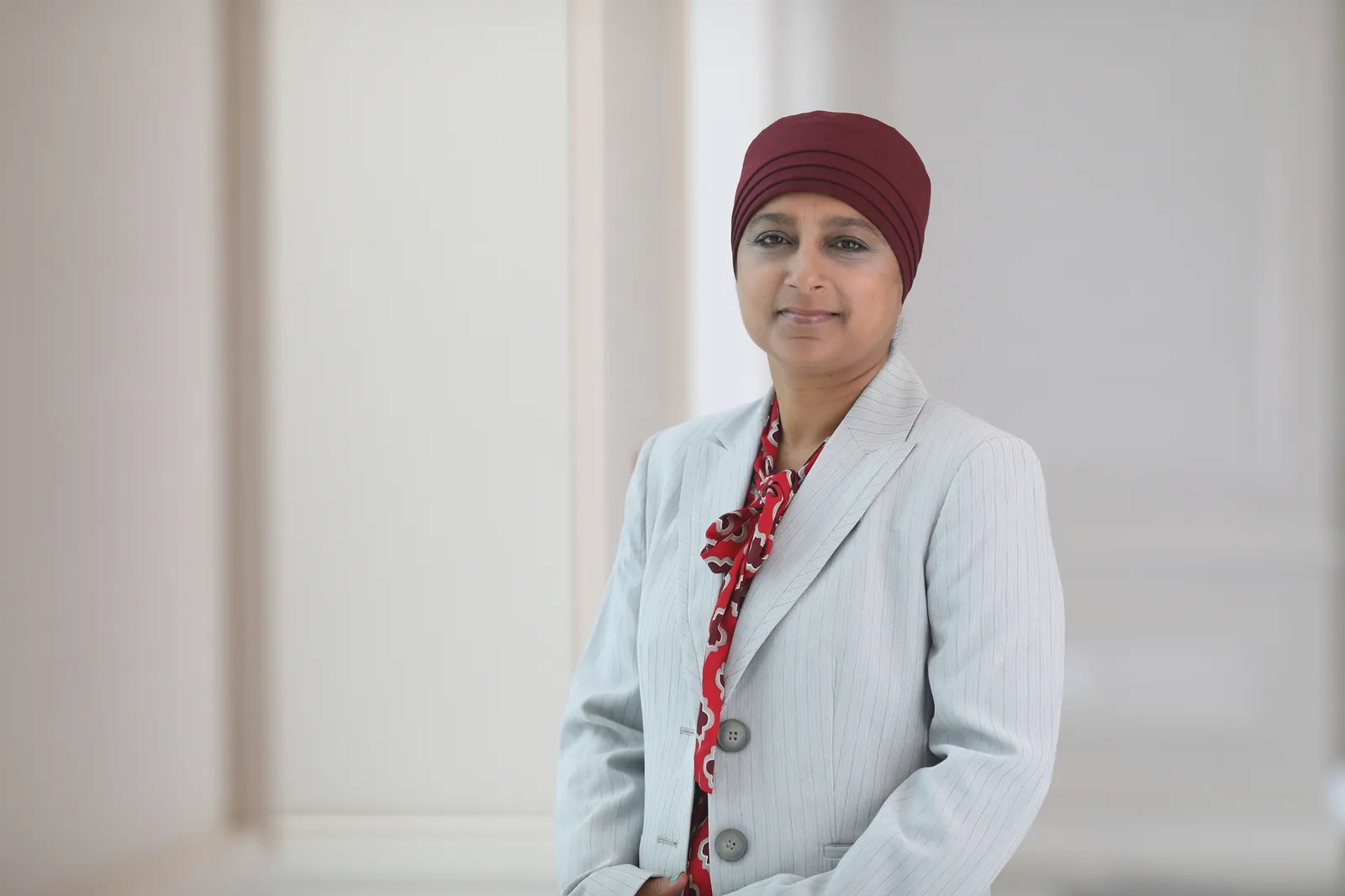
“If I could change anything in the industry, it would be to encourage a greater focus on collaboration and knowledge sharing across organizations. Too often, businesses operate in silos, hoarding valuable insights and innovations that could benefit the industry as a whole. By fostering a culture of collaboration and transparency, we could accelerate innovation, promote best practices and drive greater value for our customers and stakeholders.”
Gurpreet Kaur, vice president, global business analytics and reporting, Integra LifeSciences
All hands on deck for health equity
“We need a more collaborative effort to remove systematic barriers in healthcare so that everyone has equitable access. I believe that if every company, educational institute, doctor and healthcare worker partners on this mission, we will achieve health equity.”
Mona Babury, director, DE&I business partner, Pfizer
A seamless healthcare system

“I'd empower patients to take control of their health with breakthrough technology. Imagine a home device that scans for physical and mental constraints, identifies the root cause of the issue, and connects with personalized supplements, lifestyle tips and the right doctors. Making healthcare a convenient and seamless experience for all.”
Rafaella Kanbar, vice president, group director experience strategy, TBWA\Worldhealth
Breaking bias around mental health
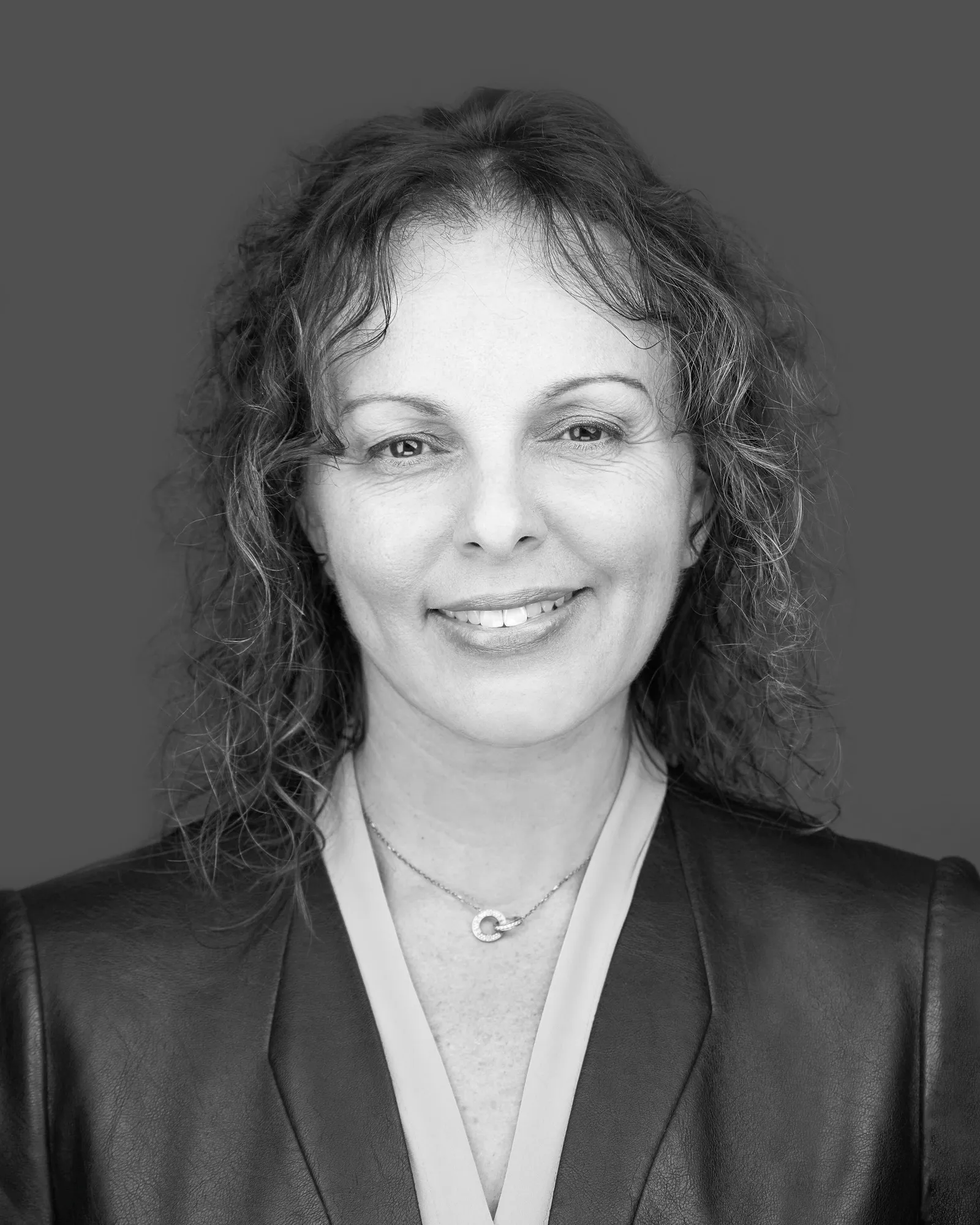
“I have dedicated almost 20 years of my career in treatments of mental illness and despite ongoing advancements, patients are still suboptimally treated due to stigma, bias and complacency. My aspiration is to break the bias and change the conversation to focus on what’s possible instead of what’s impossible.”
Neveen Abou-Gharbia, executive director, CNS marketing, Otsuka America Pharmaceuticals
Precision medicine at the intersection of outcomes
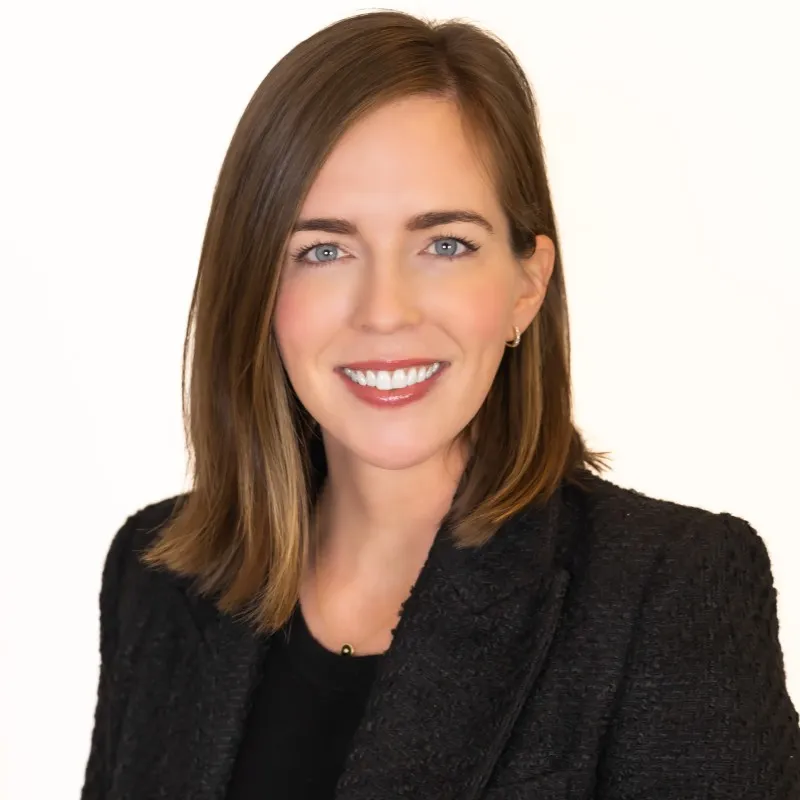
“Leveraging precision medicine to incorporate the depth and complexities of the intersection of identities and different communities to drive equality of healthcare outcomes. Emerging markets, primarily African countries, suffer from lack of inclusivity in research and the creation of cures. It would be great to solve this problem.”
Caitlin Purinai, senior director, human resources business partner, Syneos Health
Unlock the supply chain
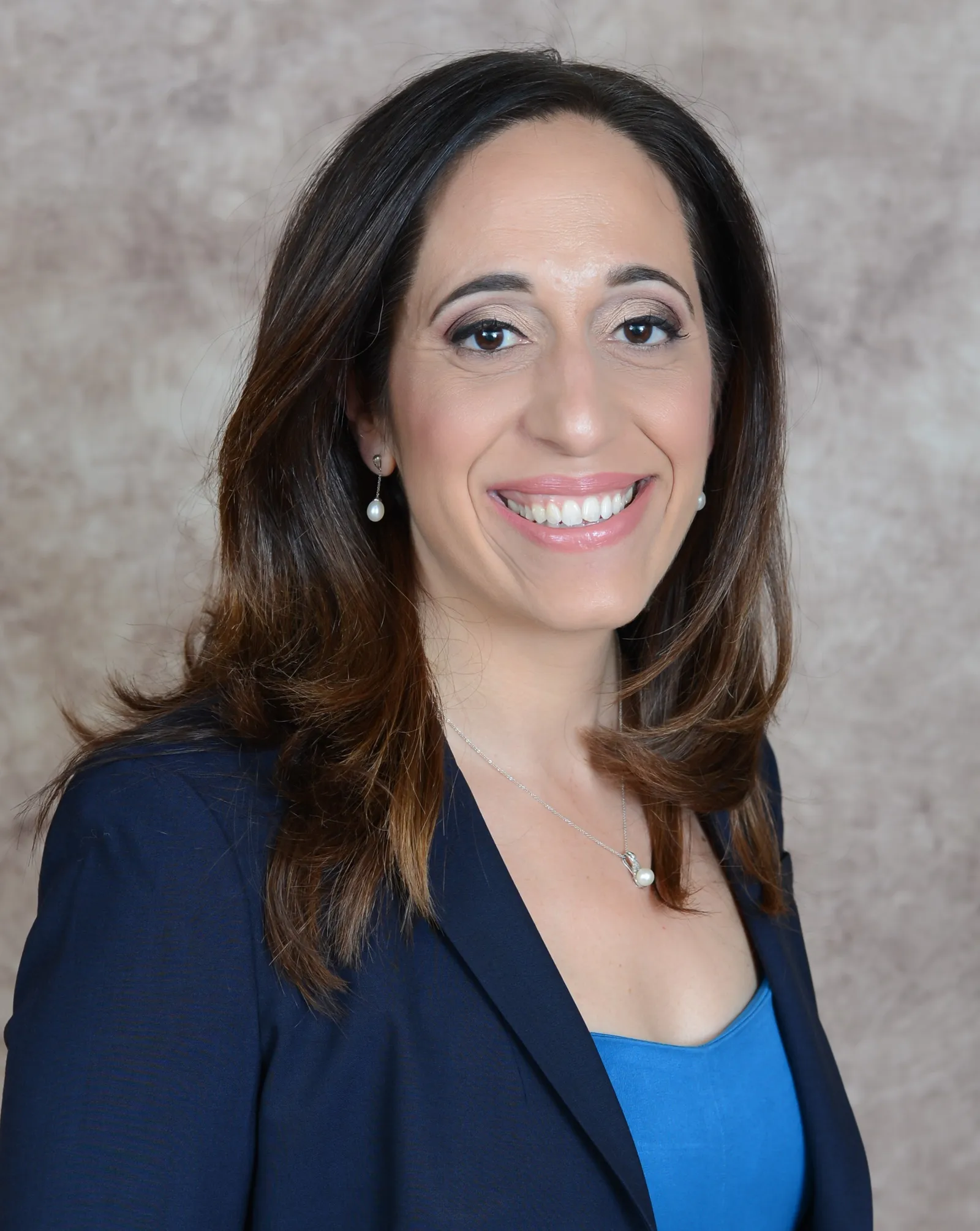
“I would eliminate any barriers that hinder the free flow of goods and medicines across the globe. In a world of volatility and uncertainty, strong partnerships — among the private sector and governments — are crucial in order to expand access to healthcare and medicines all over the world. No one country can do it on their own.”
Tanya Alcorn, senior vice president, GSI/biotech operations, Pfizer
Tackle social determinants of health with data
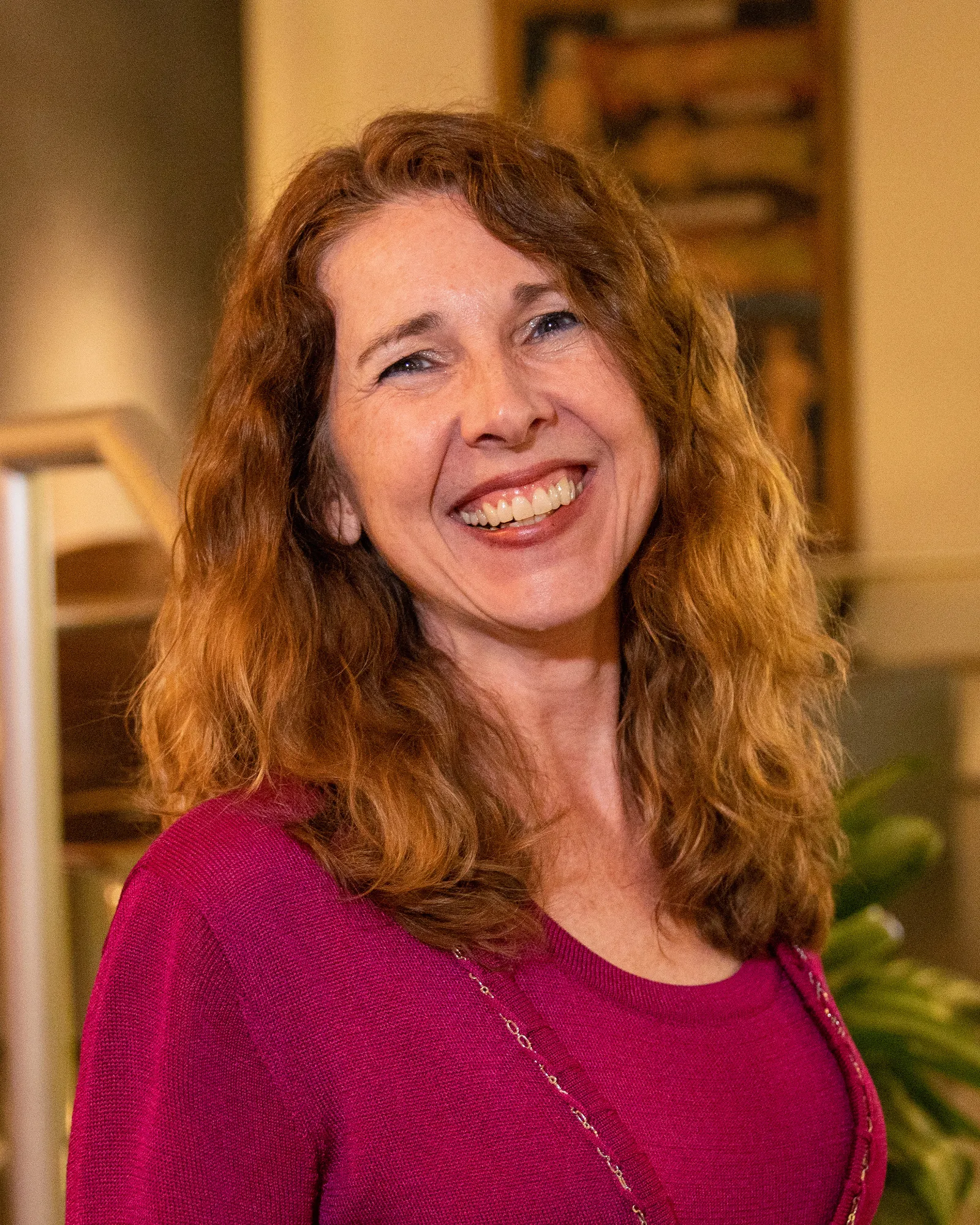
“I’d accelerate our efforts in health equity. We have the ability to overlay claims data with demographic and shopper data to provide a human view into the social determinants of health. This can help us reach marginalized communities with commercial efforts as well as in clinical trials.”
Kara Dugan, president, Razorfish Health, Publicis Health













